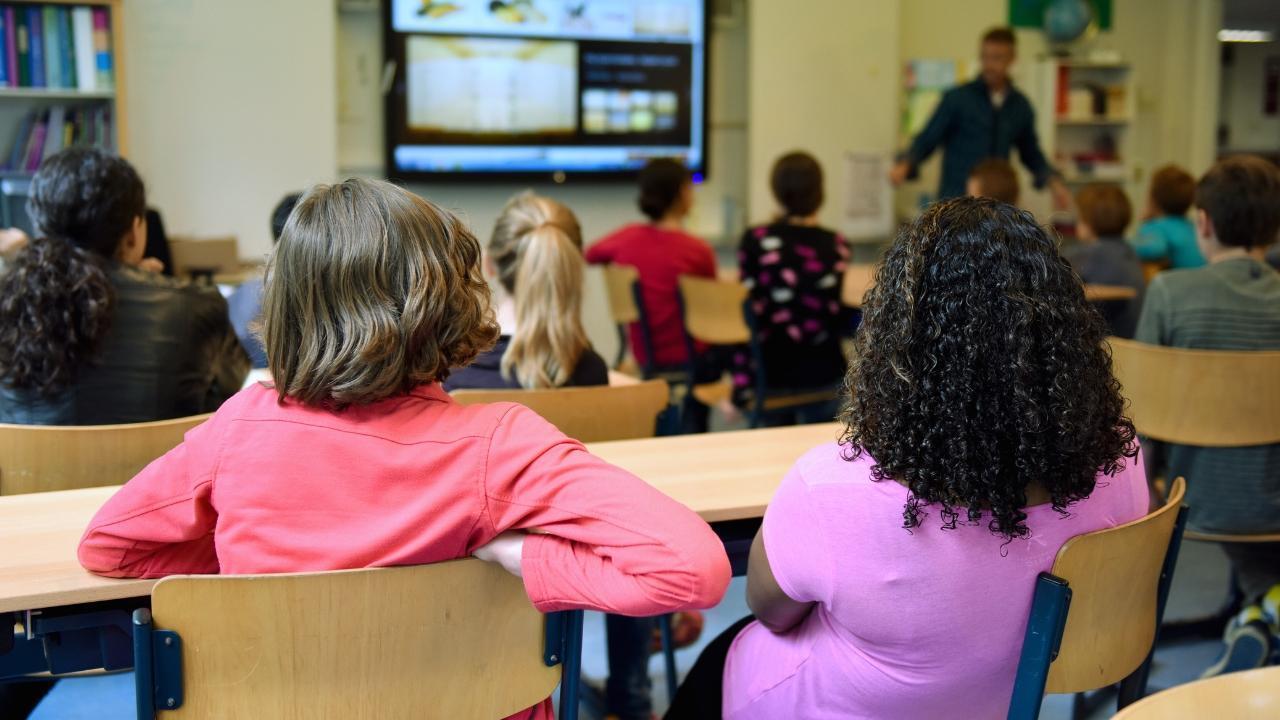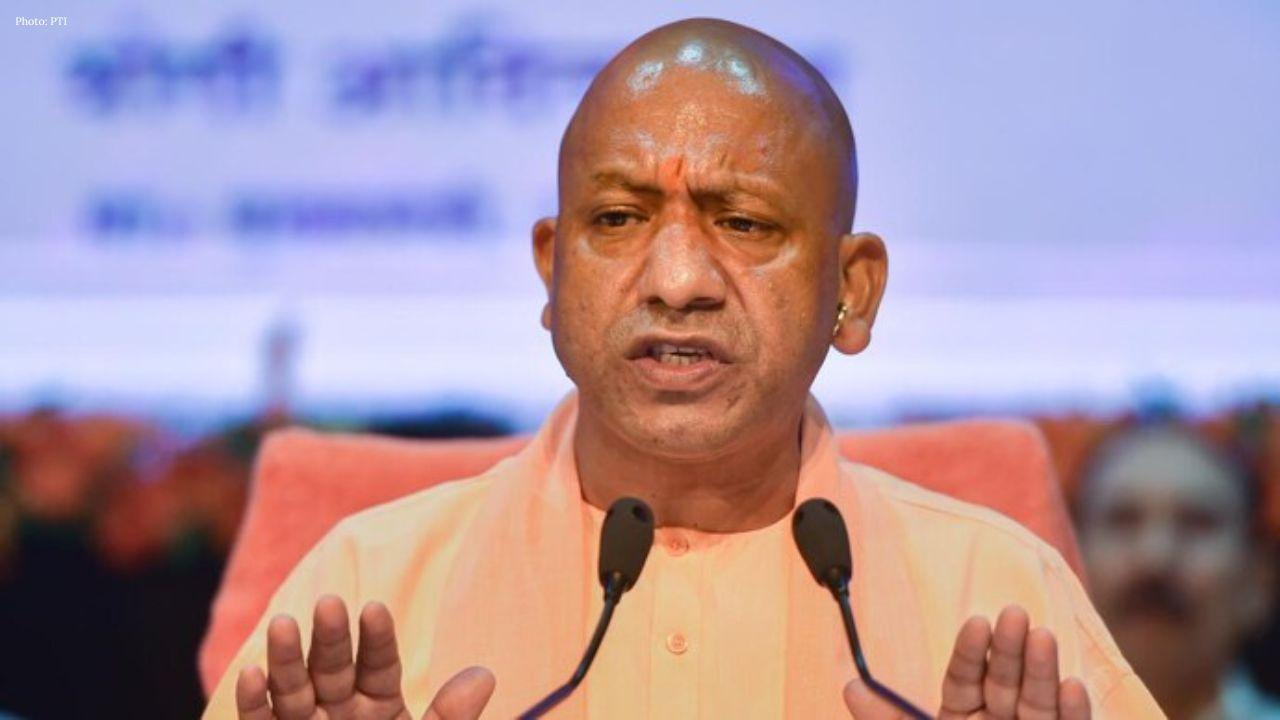You have not yet added any article to your bookmarks!

Join 10k+ people to get notified about new posts, news and tips.
Do not worry we don't spam!

Post by : Anis Farhan
In April 2025, Malaysia’s Ministry of Education launched a nationwide EdTech initiative titled "SmartClass Malaysia 2025," aimed at integrating AI-driven tools into primary and secondary classrooms. The plan includes the deployment of AI tutors, personalized learning dashboards, predictive analytics for student performance, and teacher-assist bots to handle administrative work.
Under the umbrella of the broader Malaysia Education Blueprint 2025–2035, this move is being hailed as a potential leap toward equity in education outcomes and digital-first learning ecosystems. The government has partnered with local startups and global tech giants—including Google Cloud, Huawei Education, and Malaysian AI firm EduMy—to develop systems that adapt to student learning styles, track progress in real time, and even offer mental health flags based on behavioral data.
But while the rollout has begun impressively in urban and semi-urban schools, the plan’s effectiveness in rural communities—from Sabah to Kedah—is raising tough questions about infrastructure readiness, digital access, and long-term equity.
The AI tools deployed through SmartClass include:
Adaptive learning systems that adjust difficulty levels based on real-time student responses
Intelligent Tutoring Systems (ITS) for subjects like math, science, and languages
Predictive analytics dashboards for teachers to track student performance and identify at-risk learners
Automated grading and content generation to reduce educator workload
Early feedback from urban schools in Kuala Lumpur, Johor Bahru, and Selangor has been overwhelmingly positive. Students reportedly show increased engagement, and teachers are able to focus more on pedagogy than paperwork. In a pilot study of 15,000 students, AI-enabled classrooms improved standardized test scores by 12–18% over one academic year.
However, in rural Sarawak or the Orang Asli communities in Pahang, internet connectivity remains unreliable. Some schools lack basic computing infrastructure, let alone bandwidth to support cloud-based AI platforms. While mobile classroom units and satellite tech have been deployed in select areas, implementation is inconsistent and often delayed.
This disparity risks deepening the very learning gap the policy seeks to address.
Another challenge is teacher readiness. While younger educators have welcomed the tech transition, many mid-career and senior teachers—especially in under-resourced schools—express unease about being replaced or overwhelmed by AI tools.
To bridge this, the Ministry of Education has mandated a 36-hour digital upskilling program for all public school teachers, focused on AI literacy, classroom integration, and data ethics. But implementation is lagging behind targets, with less than 40% of educators completing the program by mid-2025.
Teacher unions have also raised concerns about data security and role clarity. “We’re not against AI,” said a representative from the National Union of the Teaching Profession (NUTP), “but we must ensure teachers remain educational leaders, not mere facilitators of software.”
The government insists the goal is AI-augmented teaching, not replacement. Minister of Education Fadhlina Sidek emphasized that “humans will always remain at the heart of learning.”
AI in education promises personalization—but it also risks privatizing advantages. EdTech firms are rolling out premium AI features to private schools and international campuses first, raising concerns that the public-school system—especially in rural areas—may get diluted or outdated versions.
Parents and civil society groups have demanded greater public oversight of procurement and licensing arrangements. Some allege preferential treatment to well-connected vendors, undermining the transparency of a reform meant to foster inclusion.
Furthermore, students from lower-income backgrounds may lack access to home devices, stable Wi-Fi, or parental support for tech-based assignments. As education becomes more digital, so do its barriers.
With AI comes data—lots of it. The SmartClass system collects behavioral, performance, attendance, and even emotional health data through various inputs. While anonymized, this data could be vulnerable to misuse if not properly regulated.
Malaysia’s Personal Data Protection Act (PDPA) is being reviewed to include educational tech under its purview, but as of July 2025, no specific safeguards exist for student AI data.
Digital rights advocates have urged for a Children’s Data Charter, requiring explicit parental consent for non-essential data collection and mandating third-party audits of all AI-driven tools in classrooms.
Without such guardrails, trust in the system may erode, especially as parents become more aware of what’s being tracked—and by whom.
Malaysia is positioning itself as a regional EdTech innovator. The SmartClass initiative has been presented at ASEAN forums, and EduMy has already secured pilot projects in Brunei and the Philippines. This positions Malaysia as a soft-power player in education diplomacy, exporting not just curriculum models, but AI architecture.
Global education experts are watching closely. If Malaysia can demonstrate equity-driven, inclusive AI learning at scale, it could offer a template for emerging economies navigating the AI revolution in education.
But it must prove that its reforms work not just in labs and headlines—but in dusty, remote classrooms with intermittent electricity and eager students who have waited too long for fairness.
This article is intended solely for editorial and informational use. It does not constitute policy or legal advice. All insights are based on verified developments up to July 2025 and may evolve with policy execution and public feedback.










India Says J&K Budget Exceeds Pakistan’s IMF Bailout
India slammed Pakistan at UNHRC, stating J&K’s development budget exceeds Pakistan’s IMF bailout and

UP CM Holds Talks With Ex Japan Economy Minister in Tokyo
Yogi Adityanath met former Japan economy minister Nishimura Yasutoshi in Tokyo to boost UP-Japan coo

Hiroshima Teacher Arrested for Alleged Sexual Assault of Minor
A 37-year-old high school teacher in Hiroshima was arrested on suspicion of sexually assaulting a te

Tokyo Skytree Reopens After Elevator Malfunction Suspension
Tokyo Skytree resumed operations after a three-day closure caused by an elevator failure that trappe

Skiers Rescue Man Buried Under Snow at California Resort
A dramatic rescue at Palisades Tahoe shows two skiers saving a man suffocating under deep snow durin

Sri Lanka Ex-Intel Chief Arrested Over Easter Attacks
Former SIS Chief Suresh Sallay arrested by CID in connection with the 2019 Easter Sunday bombings th